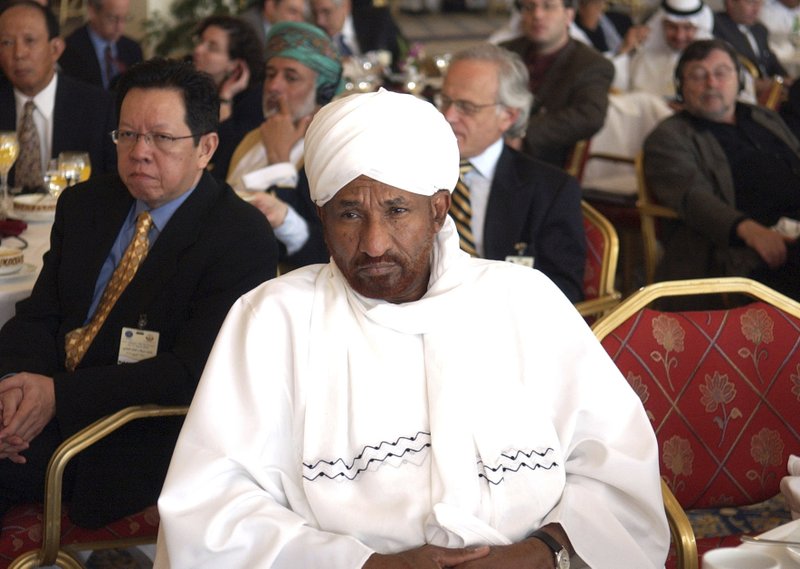Sadiq al-Mahdi, Sudan’s last democratically elected prime minister and leader of the country’s largest political party, died of COVID-19 Thursday in a hospital in the United Arab Emirates, his party said. He was 84.
Al-Mahdi was taken to Abu Dhabi for treatment in early November. His body was expected to arrive in Sudan for burial Friday morning, the National Ummah Party tweeted. It had announced al-Mahdi tested positive for the coronavirus on Oct. 29.
Al-Mahdi was overthrown in a 1989 Islamist-backed coup that brought longtime autocrat Omar al-Bashir to power. Al-Mahdi’s party allied with Sudan’s pro-democracy uprising that led the military to overthrow al-Bashir in April 2019.
Sudan has since been ruled by a transitional military-civilian government. Elections could possibly be held in late 2022.
Al-Mahdi was one of the staunchest opponents of Sudan’s recent normalization of ties with Israel, which he dismissed as “an apartheid state” over its treatment of the Palestinians. He also accused President Donald Trump of being racist against Muslims and black people.
Al-Mahdi was born in December 1935 in Khartoum’s sister city of Omdurman. He was the great-grandson of Mohammad Ahmad al-Mahdi, a religious leader whose movement waged a successful war against Egyptian-Ottoman rule in Sudan in the second half of the 19th century.
He studied philosophy, politics and economics at Oxford University. He was both a politician and a theologian and authored several books on Islamic law, democracy and Sudanese politics.
Al-Mahdi also served as prime minister in 1966-67 before a group of military officers led by Jaafar al-Nimeiri took over two years later and turned the country into a military dictatorship for nearly two decades. The veteran politician was jailed several times and went into self-exile for years.
He served as prime minister for a second time from 1986-89.
(AP)











